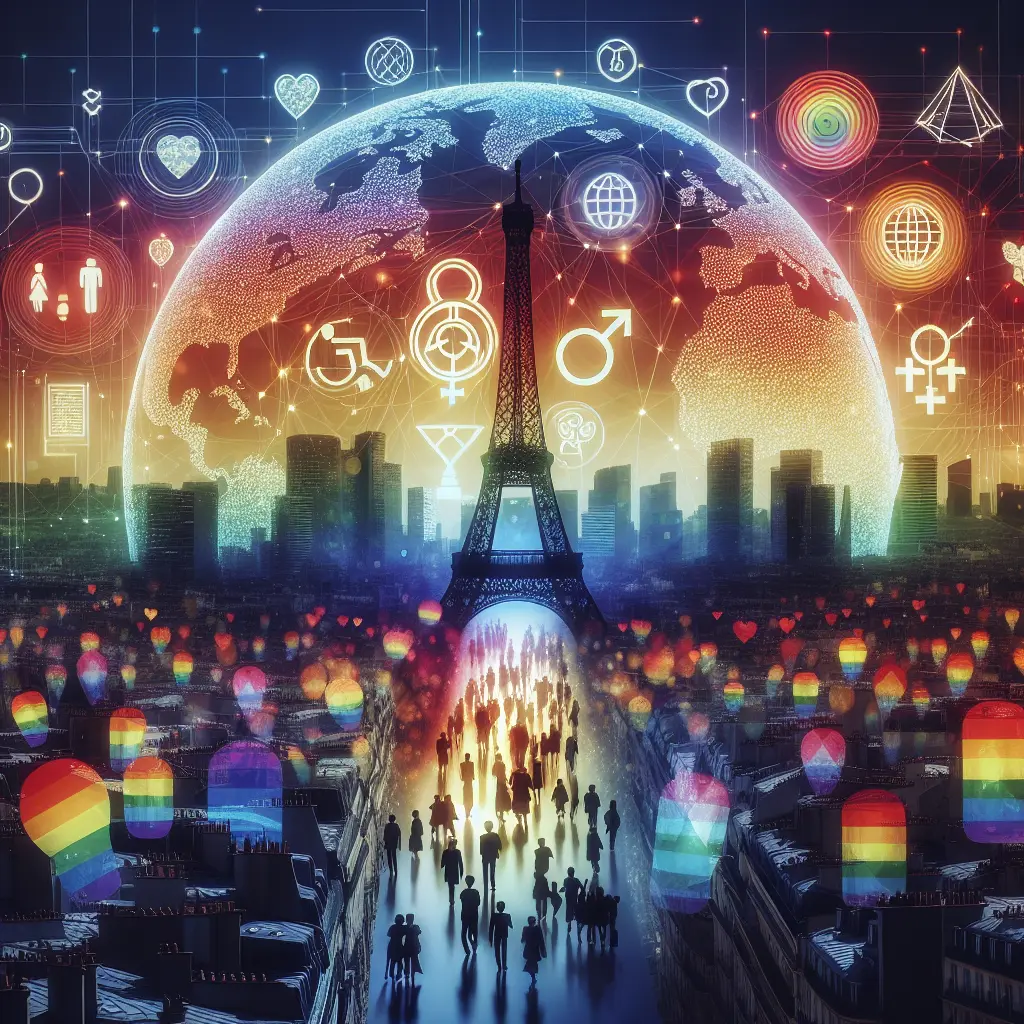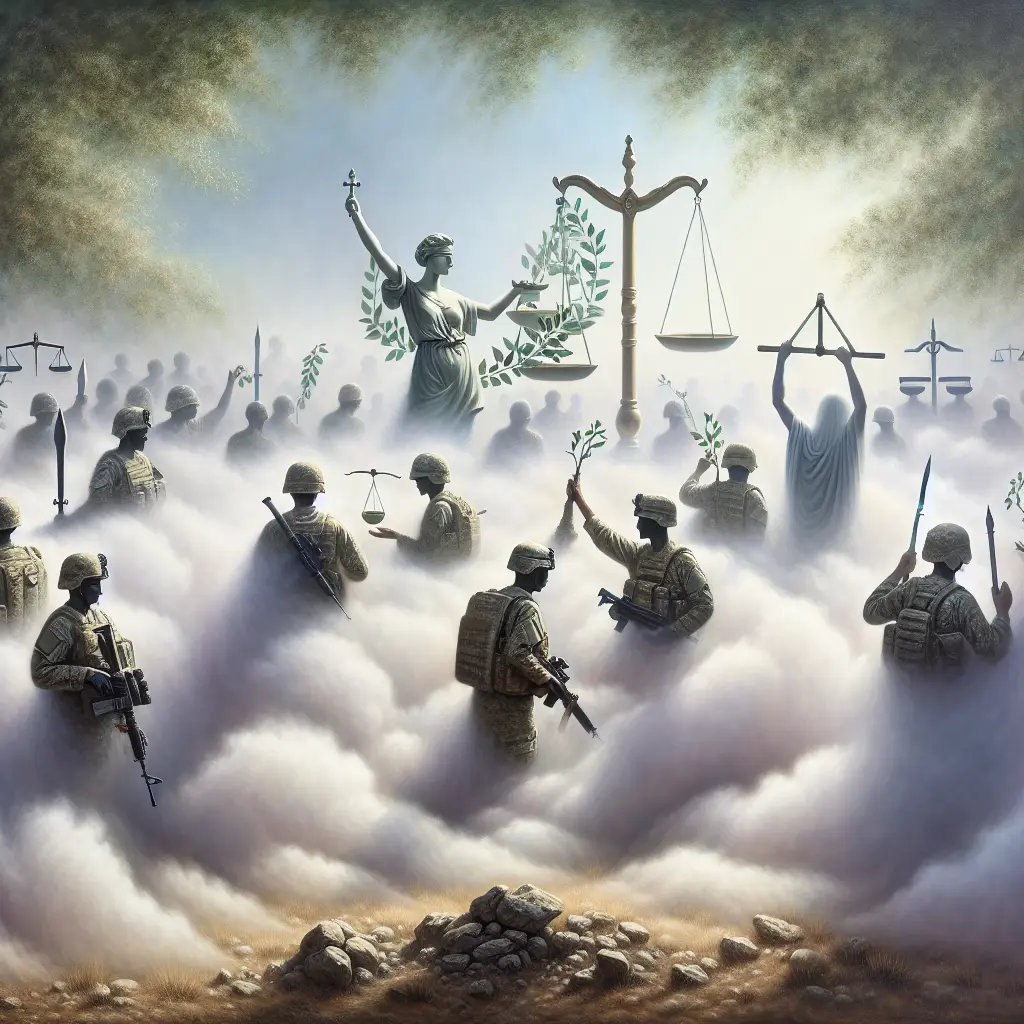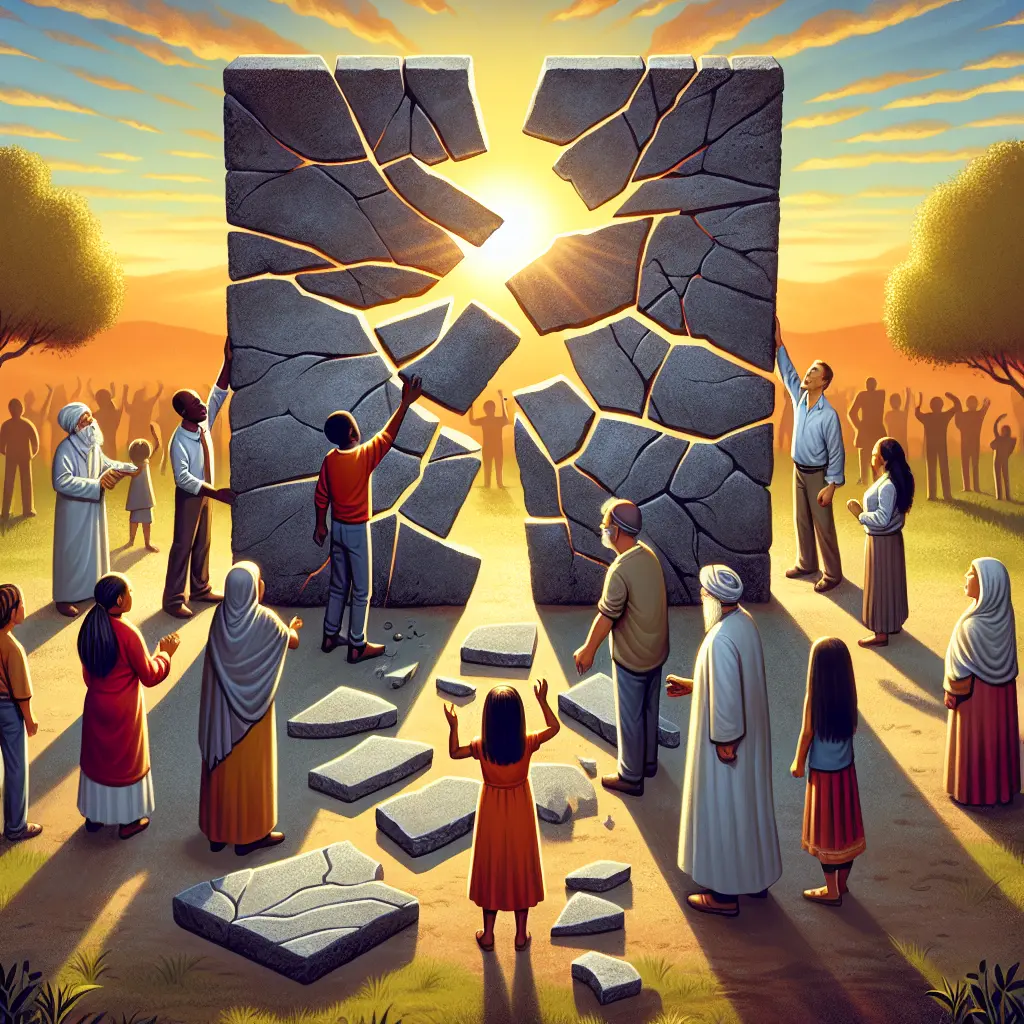In the ever-evolving landscape of LGBTQ+ representation in media, few works have left as enduring a legacy as "Paris is Burning." This groundbreaking documentary not only cast a spotlight on the vibrant drag culture of 1980s New York City but also emerged as a pivotal force in documentaries that changed LGBTQ+ portrayal. The cultural impact of "Paris is Burning" resonates through its profound influence on media representation and societal understanding of LGBTQ+ narratives. As one of the most iconic LGBTQ+ documentaries, it opened doors to authentic storytelling, challenging stereotypes and sparking cultural shifts in LGBTQ+ documentaries. Through its intimate portrayal of its subjects, "Paris is Burning" has become a cultural milestone, offering a nuanced analysis of drag culture and its historical significance within LGBTQ+ history in documentaries.
With its release, the film began to alter perceptions, prompting a reevaluation of how LGBTQ+ stories are told and understood in mainstream media. Its influence on pop culture and media evolution continues to be felt, inspiring a new generation of filmmakers and audiences to seek out stories that celebrate diversity and authenticity. The documentary's impact on culture is undeniable, fostering societal change and advancing the fight for LGBTQ+ rights. As we delve deeper into this documentary's enduring legacy, we explore how it redefined media narratives and contributed to the broader conversation around representation. Join us as we analyze the powerful influence of "Paris is Burning," a documentary that remains a cornerstone in the journey towards greater visibility and acceptance for the LGBTQ+ community.
The cultural impact of "Paris is Burning" on LGBTQ+ representation remains a pivotal chapter in the history of media and documentaries. Released in 1990, this iconic LGBTQ+ documentary offered an unfiltered look into the drag ball culture of New York City during the late 1980s. Its influence has been profound, prompting significant shifts in how LGBTQ+ narratives are presented in media. Here, we explore the enduring legacy of "Paris is Burning," its role in reshaping media narratives, and its continuous influence on both society and culture.
The Intersection of Identity and Media
"Paris is Burning" challenged prevailing stereotypes by showcasing the nuanced realities of its subjects—drag queens and transgender individuals navigating a world often hostile to their existence. This documentary analysis reveals how it paved the way for more authentic storytelling in LGBTQ+ documentaries. By capturing intimate moments and personal stories, it brought visibility to marginalized communities and set a precedent for future influential documentaries on LGBTQ+ themes.
Authentic Representation: The film's portrayal of drag culture offered a candid view that defied sensationalism. It highlighted the complexities of identity, race, and class within the LGBTQ+ community, prompting audiences to reconsider preconceived notions. This approach has since been mirrored in recent documentaries such as "Disclosure" (2020), which examines transgender representation in Hollywood. Both works underscore the importance of authentic narratives in combating stereotypes.
Shaping Media Narratives and Influencing Pop Culture
The media influence of "Paris is Burning" extended beyond documentaries, permeating various facets of pop culture. Its depiction of vogueing and the ballroom scene inspired countless artists and creators, from Madonna's music videos to modern TV shows like "Pose." These cultural shifts in LGBTQ+ documentaries and media reflect the lasting impact of "Paris is Burning" on mainstream entertainment.
Vogueing and Ballroom Culture: Vogueing became a global phenomenon, elevating what was once an underground art form to international acclaim. The documentary not only celebrated this dance style but also contextualized it within broader themes of resilience and self-expression. For more on how vogueing has continued to influence contemporary culture, see this article from The Guardian.
Inspiration for Television: TV series like "Pose" have drawn heavily from the documentary's groundwork, further exploring the lives and struggles of LGBTQ+ individuals within the ballroom scene. As Variety notes, these shows owe much to "Paris is Burning" for their ability to portray authentic LGBTQ+ narratives on a mainstream platform.
Societal Change and Advocacy
One cannot discuss the legacy of "Paris is Burning" without acknowledging its role in advancing LGBTQ+ rights. The documentary sparked conversations about inclusivity and representation, contributing to societal change and fostering greater acceptance. Its historical significance is evident in how it continues to inform discussions around LGBTQ+ history in documentaries.
Driving Advocacy
By humanizing its subjects, "Paris is Burning" galvanized support for LGBTQ+ advocacy groups. It provided a platform for voices that had long been silenced, influencing policy changes and social attitudes. The film's impact on culture is akin to that of other pivotal documentaries for LGBTQ+ rights, such as "How to Survive a Plague" (2012), which chronicled the fight against AIDS.
Educational Tool: Today, educators use "Paris is Burning" to teach about diversity, inclusion, and the history of drag culture in media. Its use as an educational resource highlights its enduring relevance and contribution to changing perceptions through documentaries.
Continual Evolution and Modern Relevance
The legacy of "Paris is Burning" persists as new generations discover its insights and relevance. Its influence on pop culture and media evolution serves as a reminder of the power documentaries have in shaping public discourse and understanding.
Inspiring New Filmmakers: Emerging filmmakers cite "Paris is Burning" as a catalyst for exploring diverse stories within the LGBTQ+ community. Recent films like "Moonlight" (2016) demonstrate a similar commitment to nuanced storytelling, illustrating the ongoing influence of "Paris is Burning" on media representation.
Cultural Milestone: As we move further into 2024, "Paris is Burning" remains a cultural milestone that continues to inspire conversations about identity, acceptance, and representation. Its role in altering perceptions and fostering societal change underscores its place among iconic LGBTQ+ documentaries.






_netflix_documentary.webp)


Leave a Comment